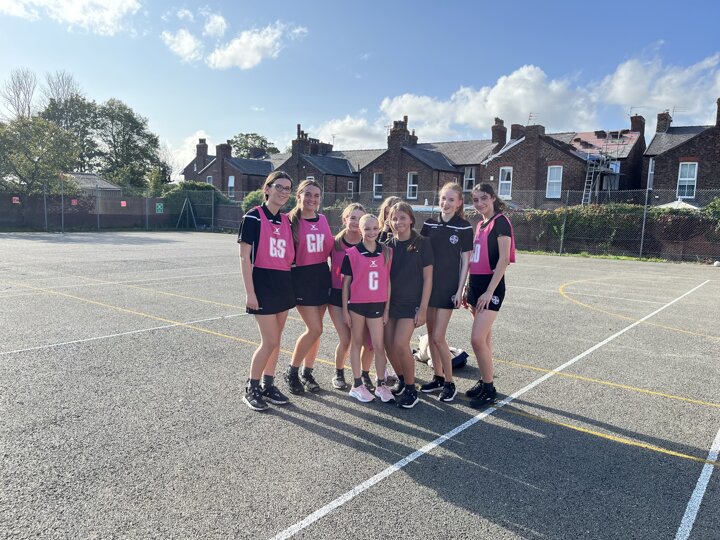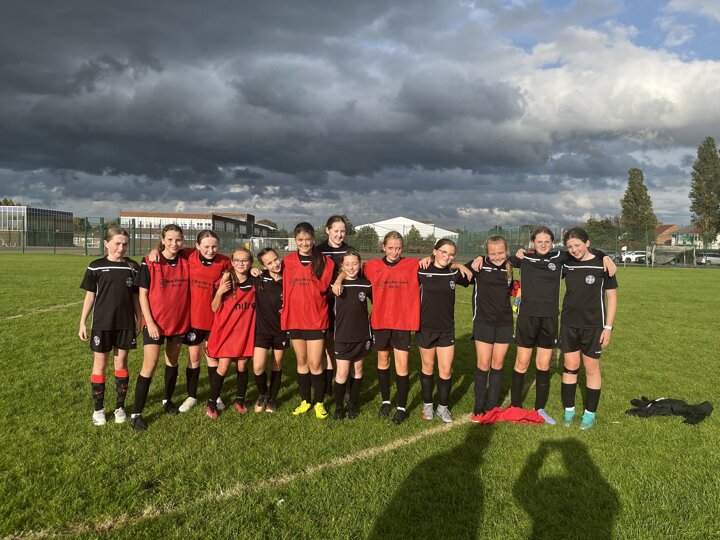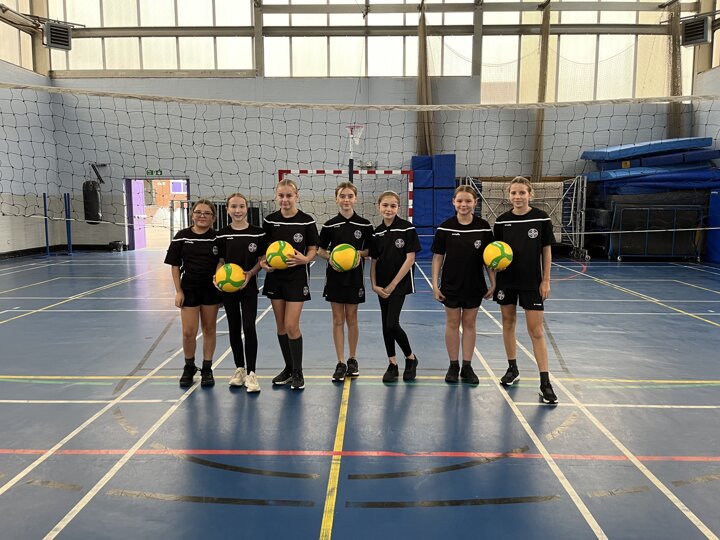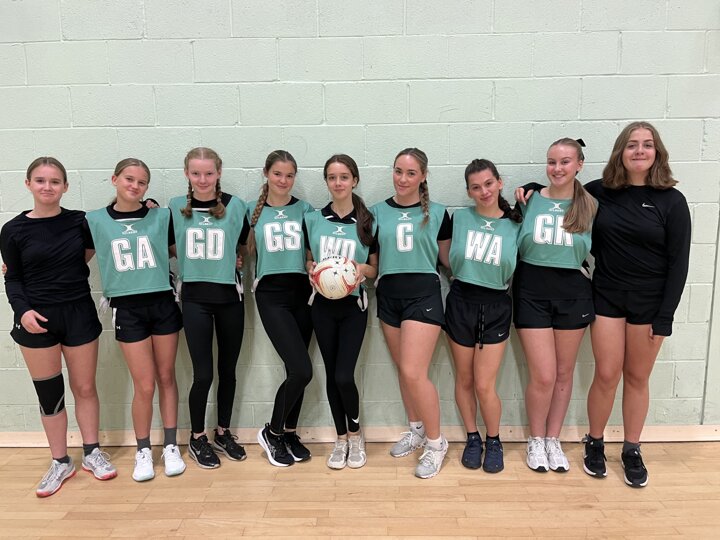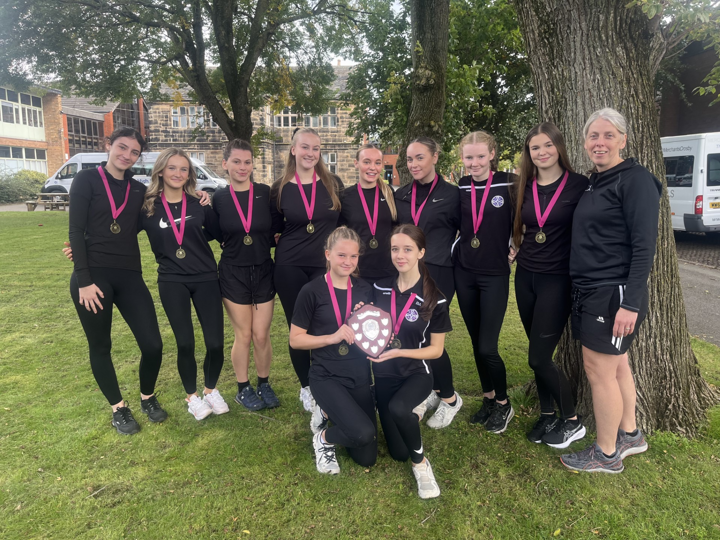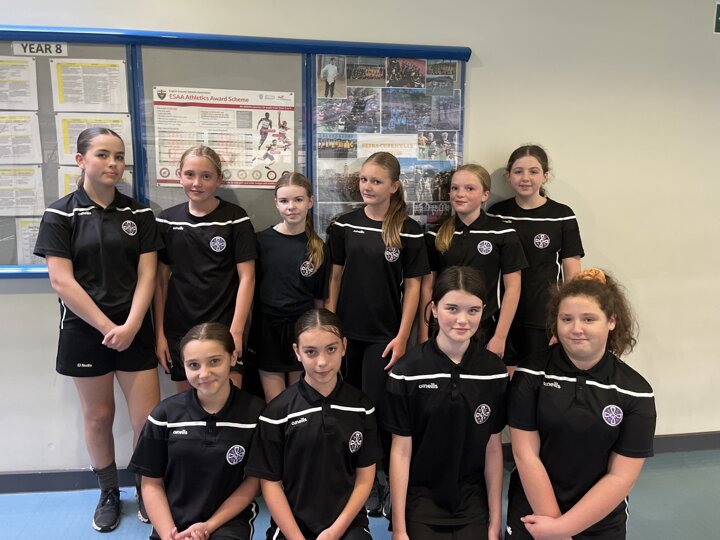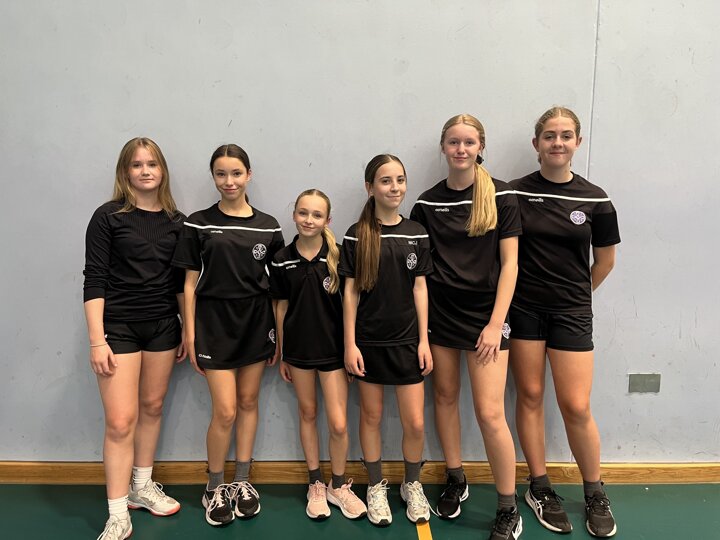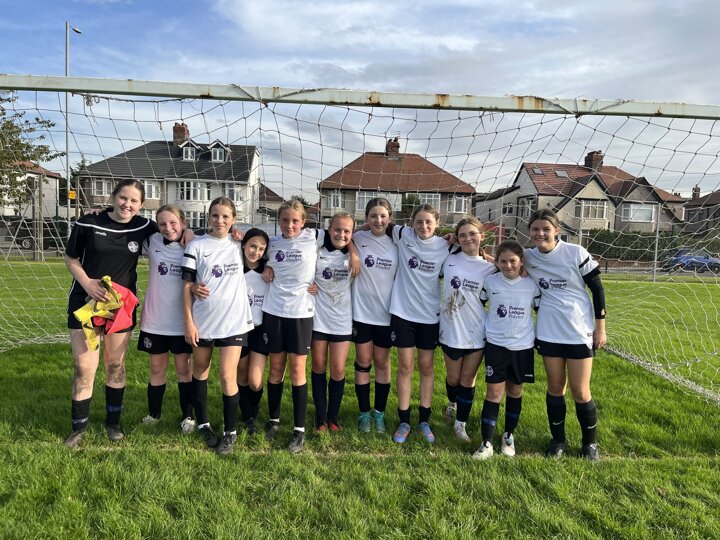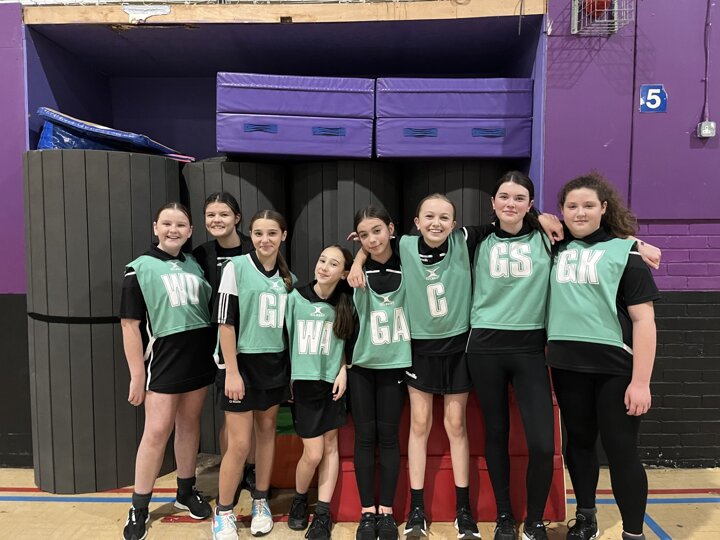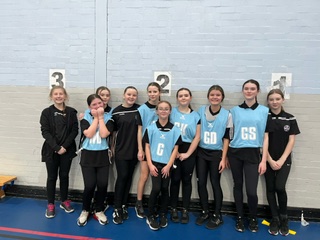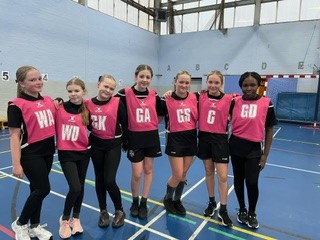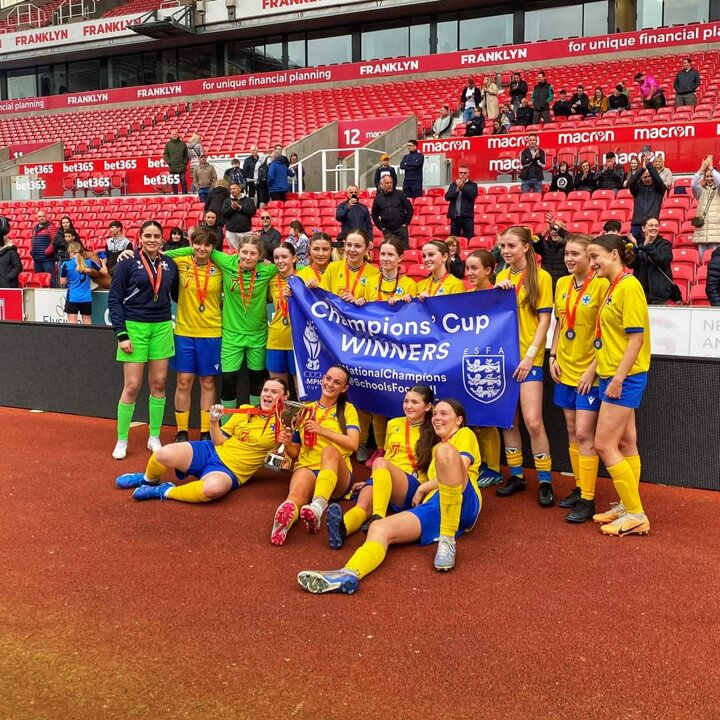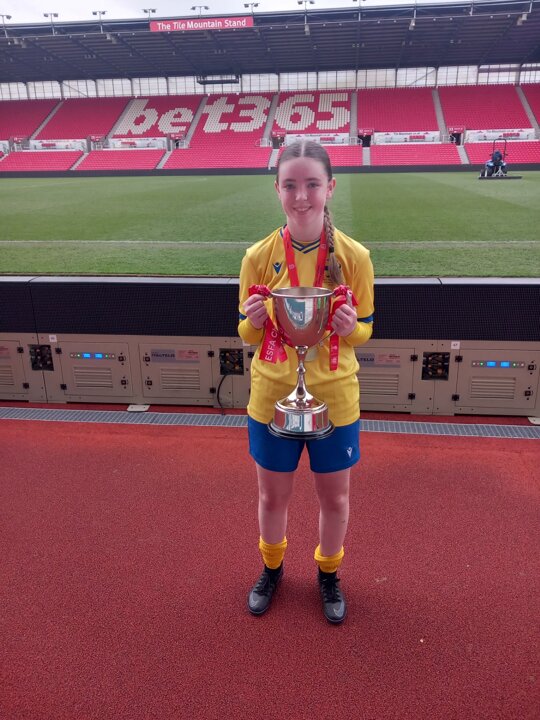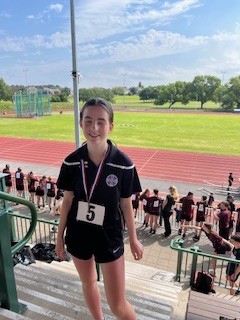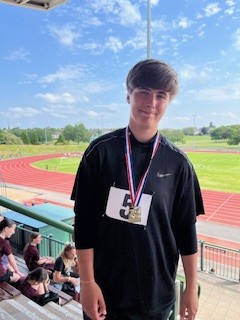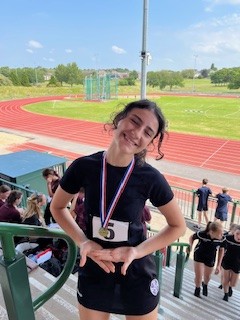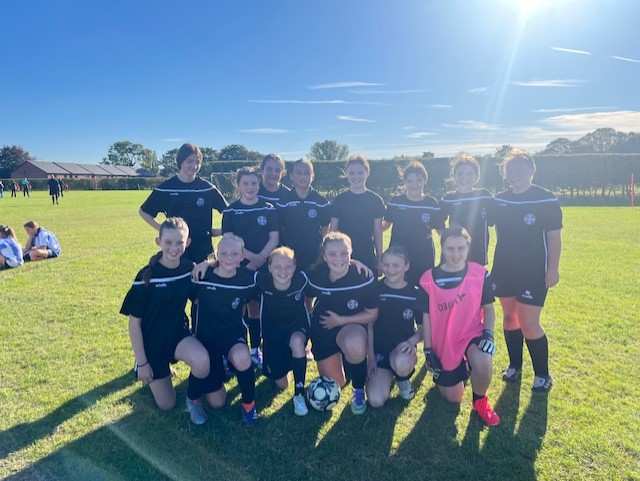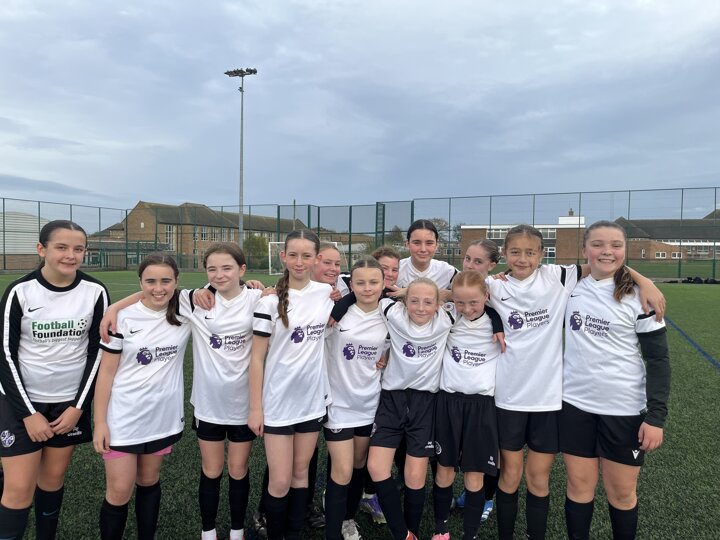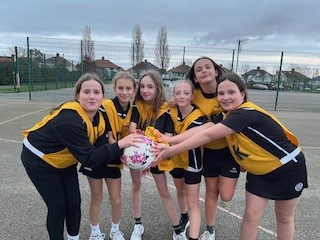Physical Education / Sport Studies
| Head of Department - Mr P. Jamieson | Extra-Curricular PE Fixtures |
Curriculum Intent
Holy Family PE departments aim is “Sport & PE for All”
Our mission statement is based around the two key elements - participation and enjoyment. With the intent that all students are successful, can enjoy the curriculum and extra-curricular activities on offer, regardless of their ability.
The core curriculum at Holy Family is based on the National Curriculum at KS3 & KS4. The curriculum starts at Holy Family in Year 7 with a term of base line assessment. This assesses the impact of the KS2 curriculum and highlights the student’s level of performance and their gaps.
At Holy Family, we recognise the importance of physical education/sport and the role it must play in promoting long term, healthy lifestyles. The intent of our physical education curriculum is to provide all children with high quality physical education and sport provision. It is our vision for every pupil to succeed and enjoy their PE/sporting experiences, so it leads to a physically active lifestyle. We strive to inspire our pupils through fun and engaging physical education lessons that are enjoyable, challenging and accessible to all. We want our pupils to appreciate the benefits of a healthy and physically active lifestyle. Through our teaching of PE, we will provide opportunities for pupils to develop values and transferrable life skills such as fairness and respect, realising a life-long interest, through participation and enjoyment.
The PE department believes this can only be achieved through the following clear targets and standards:
- High quality teaching and learning through disciplined and caring teaching and after school activities.
- High expectations for all students at all times.
- High standards of behaviour.
- Good curriculum organisation and planning.
- Well defined system of assessment, recording and reporting which is shared with the students.
- An accessible extra-curricular programme, which every student can access.
- Demonstration and promotion of healthy active lifestyles.
- Communicating a strong enthusiasm for our Sport & PE.
The Holy Family PE curriculum is ambitious as it aims to be fully inclusive and engaging for all students. Whilst meeting all the SEND requirements of students and entering teams in national/county competitions.
The SEND provision within Holy Family PE is developed around –
- Baseline assessment
- Discussions with the SENCO
- Adapted curriculum
- Inclusive learning journeys
- SEND support plans
The curriculum sequencing in core lessons is determined firstly by the needs of the group. The sequencing of the activities is then drawn up with this in mind and so the national curriculum requirements are met. The sequencing in each unit of work is then developed by the class teacher. In core lessons, the time of year, weather and the facilities available are also a determining factor.
The academic curriculum is sequenced around the needs of each group. The sequencing is reviewed annually to make sure that the gaps and more difficult topic areas are correctly sequenced and given additional guided learning hours.
The Holy Family PE department intends to provide all students with the following:
- The opportunity to participate in Physical Education and Sport.
- The opportunities for each individual to achieve their potential.
- Encouragement to form an intrinsic enjoyment of sport and physical education.
- Assistance to develop into adults with a lifetime commitment to sport and physical activity.
At the end of KS3 we are aiming for the students to have a clear physical literacy including, warm up / cool down and a working understanding of the rules / tactics of a variety of sports. This will then create the starting point for KS4 core and academic lessons.
The end point for KS4 learners is double ended. For the core lessons we want the learners to be physical literate and be able to play a variety of sports which will be lifelong skills. Then the academic end point will be the academic result, which will then be the starting point for KS5.
The end point for KS5 will be the learners successfully gaining university places, employment or apprenticeships.
This will then meet the needs of the fitness and sports coaching industries as these are growth areas as the world becomes more health conscious.
Curriculum Implementation
Physical Education develops the pupils’ knowledge, skills and understanding, so that they can perform with increasing competence and confidence in a range of activities. It promotes an understanding in children of their bodies in action and involves thinking about, selecting and applying skills. Physical Education lessons and extra-curricular provision provide pupils with the opportunity to –
- Develop and explore physical skills with increasing control and coordination
- Work, play and perform with others
- Perform skills and apply rules and conventions
- Recognise and apply tactics in competitive situations
- Recognise the changes in the body during exercise
- Develop their enjoyment of physical activity through imagination and enjoyment
- Evaluate their success and identify how they can improve their own, and/ or others’ performance.
During Key Stages 3 & 4, the Physical Education department would expect pupils to develop their abilities and knowledge of key concepts and processes through the following areas:
- Outwitting opponents (games)
- Accurate replication of actions, phrases and sequences (gymnastics)
- Exploring and communicating ideas, concepts and emotions (dance/gymnastics)
- Performing at maximum levels in relation to speed, height, distance, strength or accuracy (athletics)
- Identifying and solving problems to overcome challenges of an adventurous nature (team challenges and orienteering.)
The Physical Education curriculum is taught formally through 3 hours of high-quality PE delivered by PE specialists in KS3 (per fortnight). In KS4 PE specialists deliver 2 hours of high-quality PE a fortnight to all pupils, and an additional 5 hours a fortnight to those who select to study GCSE PE or WJEC Sports Coaching. A variety of teaching and learning styles are used in order to discover and embed knowledge.
The PE curriculum follows the programmes and breadths of studies of the National Curriculum and is a follow on from Key Stage 2. Schemes of work are progressive and allow pupils to develop skills within various sports. Fundamental movement skills will be taught through the units to develop balance, agility and co-ordination using small sided and conditioned games. Key Stage 3 & 4 pupils are also taught Health Related Fitness in our fitness gym including how to lead an active and healthy life, the effects exercise has on the body both short and long term, and how to plan appropriate exercise programs.
Curriculum Impact:
The impact of PE/Sport at Holy Family with an aim of “Sport & PE for All” will been clearly identified in the following outcomes.
- The students will clearly show the following two elements of participation and enjoyment wherever and whenever they engage in an activity run by the department.
- From the broad and enjoyable curriculum students will then want to attend and compete in the extra-curricular programme.
- Students will then opt to attend trips, visits and watch matches put on by the department.
- Students will opt for PE/Sport Academic courses at KS4 and KS5.
- On leaving school students will want to be physically active, maintaining a lifetime involvement in sport through participation, officiating and/or leadership.
- A lifelong appreciation of the benefits of regular physical activity and sport, enjoyment through involvement, and the development of transferable physical character traits and skills.
- Achieve the physical and emotional skills to influence their own lives.
- To motivate students (attitude to learning) to utilise these underpinning skills in an independent and effective way, in order to live happy and healthy lives.
- An ability to gain employment within sport or access recognised Universities/Colleges to further study sport related courses.
See Extra-Curricular Match Fixtures
Key Stage 3 PE National Curriculum at Holy Family
At Key Stage 3, we set about building upon the foundation of the previous Key Stage, and further develop our pupils’ skills relating to the six areas of prescribed study: dance, gymnastics, swimming, athletics, outdoor education, and games (the last being compulsory for all). Pupils’ knowledge base is considerably extended, new skills are acquired, and insight is gained into sporting tactics and decision-making.
NC document says- Pupils should build on and embed the physical development and skills learned in key stages 1 and 2
At Holy Family pupils are taught to master basic movements including running, jumping, throwing and catching, as well as developing balance, agility and co-ordination, and begin to apply these in a range of activities. Such as participate in team games, developing simple tactics for attacking and defending
perform simple movement patterns.
Pupils become more competent, confident and expert in their techniques, and apply them across different sports and physical activities.
At holy family we cover a range of sports and activities. The activities fully cover the national curriculums range including orienteering, dance and gymnastics. Each activity will run over a half term and will be assessed formatively and summatively against the students baseline assessment and age specific physical competencies.
They should understand what makes a performance effective and how to apply these principles to their own and others’ work.
Pupils at Holy Family are taught to analyse their performances compared to previous ones and demonstrate improvement to achieve their personal best. They are also provided with the opportunity to use a range of tactics and strategies to overcome opponents in direct competition through team and individual games.
They should develop the confidence and interest to get involved in exercise, sports and activities out of school and in later life, and understand and apply the long-term health benefits of physical activity.
At Holy Family we promote a ‘Sport For All’ approach. We offer a range of different sports and activities across KS3 and KS4, which promote lifelong involvement in sport and the benefits of a healthy and active lifestyle. We have links with local community sports clubs across a range of sport such as Football, Athletics, Dance and Netball as part of our ‘exit approach’ to prolong our student's involvement in sport beyond KS4.
Pupils should be taught to: § use a range of tactics and strategies to overcome opponents in direct competition through team and individual games [for example, badminton, basketball, cricket, football, hockey, netball, rounders, rugby and tennis]
At Holy Family students are provided with the opportunity to take part in all the sports above. Each lesson involves a drill linked to the sport they are playing. They are then challenged to implement this drill in a competitive situation to overcome opponents.
Pupils need to develop their technique and improve their performance in other competitive sports [for example, athletics and gymnastics]
At Holy we provide students with the opportunity to participate skills in all sports highlighted on the national curriculum in isolate situations so that they can practice each skill unopposed to develop confidence. They are then placed in competitive situations in differentiated groups to compete against their peers of similar abilities.
Pupils have to perform dances using advanced dance techniques within a range of dance styles and forms and
At Holy Family pupils take part in a scheme of work in a particular style of dance at KS3. They learn a range of dance techniques and skills such as:
- Travel, locomotion, stepping and pathways.
- Balance (static and/or dynamic).
- Rotation, turning and weight transference.
- Jumps and elevations.
- Gestures and motifs
Pupils perform individually and as a group building their knowledge of skills and technique into to a final performance where they are assessed both practically and for their choreographic skills. Pupils are able to peer and self-assess during the scheme of work. At KS4 pupils can pick dance as one of their practical sports at GCSE PE to perform a solo or group performance.
Pupils have to take part in outdoor and adventurous activities which present intellectual and physical challenges and be encouraged to work in a team, building on trust and developing skills to solve problems, either individually or as a group §
Pupils at holy family are provided with the opportunity to take part in orienteering in year 7 and 8. They are firstly taught the basic skills such as map reading, using collecting features and handrailing. They are challenged to use these skills, working as a team to complete are orienteering courses on site. We group the students within selected group, so they are developing trusts with students they have not worked previously in order to develop trust and work as a team, overcoming any problems they face.
Pupils to analyse their performances compared to previous ones and demonstrate improvement to achieve their personal best §
At Holy Family we provide opportunities for students to analyse their performances in a variety of activities this can be as self- assessment or peer assessment. Pupils are encouraged to identify areas of strength and areas for improvement. Students are then given opportunities to revisit their work and make improvements to achieve their personal best in all activities.
Year 7 Baseline PE Assessment
Baseline Assessment is used in PE to enable the teachers to assess prior learning at KS2 and to monitor pupil’s progress.
It is used when students start at Holy Family to assess their physical competency and understanding of the performance indicators in each sport. This is used at secondary school level when pupils join the school in Year 7 as there is no data regarding prior ability or learning that is passed on from the primary feeder schools. Essentially, it gives pupils a starting point from which progress can then be measured and prior learning clearly understood.
At Holy Family physical education is not streamed, however gold, silver and bronze groups will be used in within groups/activities. This helps motivate pupils to make measurable progression.
Teachers that use the baseline assessment method are able to set individual targets for pupils to help them understand the progress that they are making. For pupils that are less engaged in PE lessons, having a defined target to aim for can help to push them on. Especially where pupils respond well to praise as they move closer to hitting their targets.
Protocol for assessment
Gold, silver or bronze assessment indicators for KS3 pupils.
Copper = GCSE Year 11 grade 3
Bronze = GCSE Year 11 grade 4
Silver = GCSE Year 11 grade 5
Gold = GCSE Year 11 grade 6
Platinum = GCSE Year 11 grade 7
With an average mark from the following baseline assessments
Gymnastics
Fitness
Football/netball
Hockey
Badminton
Adapted Curriculum at Holy Family
Task
In lessons we adapt our curriculum to accommodate all learners, so everyone makes progress. We adapt tasks and activities within bronze, silver, and gold categories to apply the correct level of challenge across all abilities. We do this by modifying activities through spacing, instructions, game conditions and task outcomes. E.g. Using less dominant foot in Football. E.g. Decreasing paying distances between attacking and defending drills in invasion games. E.g. Adapting game rules for distinct groups of learners.
Guidance and feedback
In PE lessons pupils are given different types of guidance depending on their ability. The gold pupils are given more verbal guidance as they are at the autonomous stage of learning and able make adaptations to their technique effectively. Silver and bronze pupils will be given visual, manual and mechanical guidance at the associative and cognitive stage of learning in order to make corrections to their technique and be able to perform skills with success. For example, some pupils may need a batting tee in order to be successful in hitting the ball in rounders or softball.
Equipment
In pe lessons we provide students with a variety of equipment to ensure all students can access the activity and experience success. For example, during softball the bronze group would use a static ball to practice batting whereas the gold group would be bowled to increase the difficulty. Other ways equipment can be moderated are; changing the size of the target, the height of the equipment or how it is arranged. This ensures all students achieve success regardless of ability, increasing students' motivation.
Pace
In PE lessons the pace of the lesson is adapted to the needs of the students. For example, gold level pupils will be given skill progressions to match their development and understanding. Bronze level performers will be given progressions of the skill when they are competent at that level. The progressions of the tasks is matched to the pace of each individual's learning journey.
Grouping & Pairing
At Holy family, the students understand their level of competency. This is against their base line assessment and the departments assessment model/ criteria. Students can then pair and go into groupings of similar ability. This then means the task will be set to meet the student's level of competence.
Assessment
The students are assessed at the end of each unit of work. The students are assessed against their level of performance and age specific criteria.
P.E. KS3 Assessment Medals & Percentages
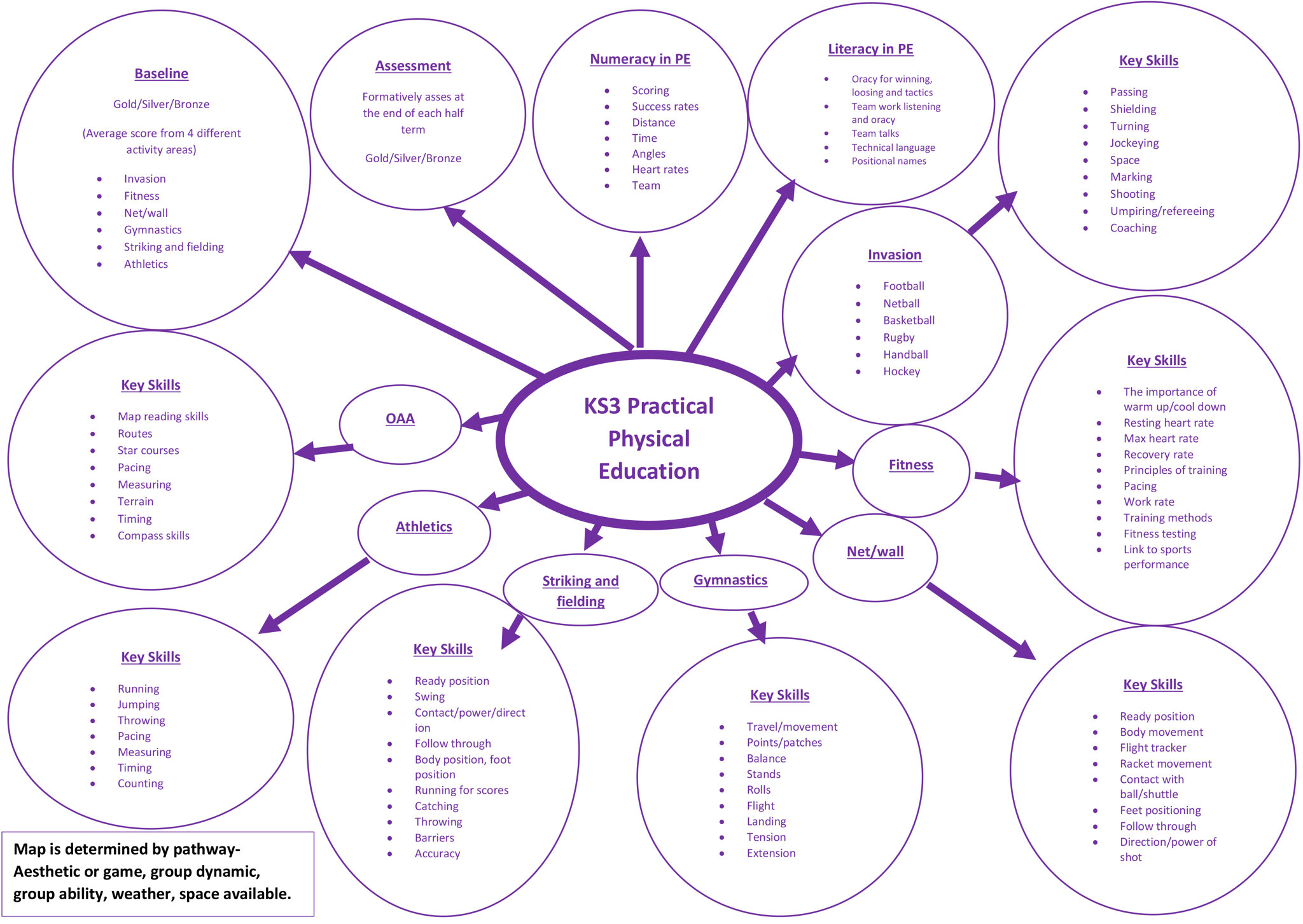
PE Key Stage 3 Curriculum Maps
Key Stage 4 Core PE
At Key Stage 4, students begin to follow a pathway of either games or fitness. The programme develops the work studied at Key Stage 3. Physical activity is clearly (and practically) related to issues of health and well-being: training, fitness, and dietary techniques are demonstrated and taught.
KS4 GCSE & CORE PE ASSESSMENT FRAMEWORK
The whole of KS4 is assessed practically against the marking frame. This includes any core PE lessons
https://eduqas.co.uk/qualifications/physical-education/gcse/
https://www.bbc.com/bitesize/examspecs/z2v3ycw
Adapted Curriculum at Holy Family
Task
In lessons we adapt our curriculum to accommodate all learners, so everyone makes progress. We adapt tasks and activities within bronze, silver, and gold categories to apply the correct level of challenge across all abilities. We do this by modifying activities through spacing, instructions, game conditions and task outcomes. E.g. Using less dominant foot in Football. E.g. Decreasing paying distances between attacking and defending drills in invasion games. E.g. Adapting game rules for distinct groups of learners.
Guidance and feedback
In PE lessons pupils are given different types of guidance depending on their ability. The gold pupils are given more verbal guidance as they are at the autonomous stage of learning and able make adaptations to their technique effectively. Silver and bronze pupils will be given visual, manual and mechanical guidance at the associative and cognitive stage of learning in order to make corrections to their technique and be able to perform skills with success. For example, some pupils may need a batting tee in order to be successful in hitting the ball in rounders or softball.
Equipment
In pe lessons we provide students with a variety of equipment to ensure all students can access the activity and experience success. For example, during softball the bronze group would use a static ball to practice batting whereas the gold group would be bowled to increase the difficulty. Other ways equipment can be moderated are; changing the size of the target, the height of the equipment or how it is arranged. This ensures all students achieve success regardless of ability, increasing students' motivation.
Pace
In PE lessons the pace of the lesson is adapted to the needs of the students. For example, gold level pupils will be given skill progressions to match their development and understanding. Bronze level performers will be given progressions of the skill when they are competent at that level. The progressions of the tasks is matched to the pace of each individual's learning journey.
Grouping & Pairing
At Holy family, the students understand their level of competency. This is against their base line assessment and the departments assessment model/ criteria. Students can then pair and go into groupings of similar ability. This then means the task will be set to meet the student's level of competence.
Assessment
The students are assessed at the end of each unit of work. The students are assessed against their level of performance and age specific criteria.
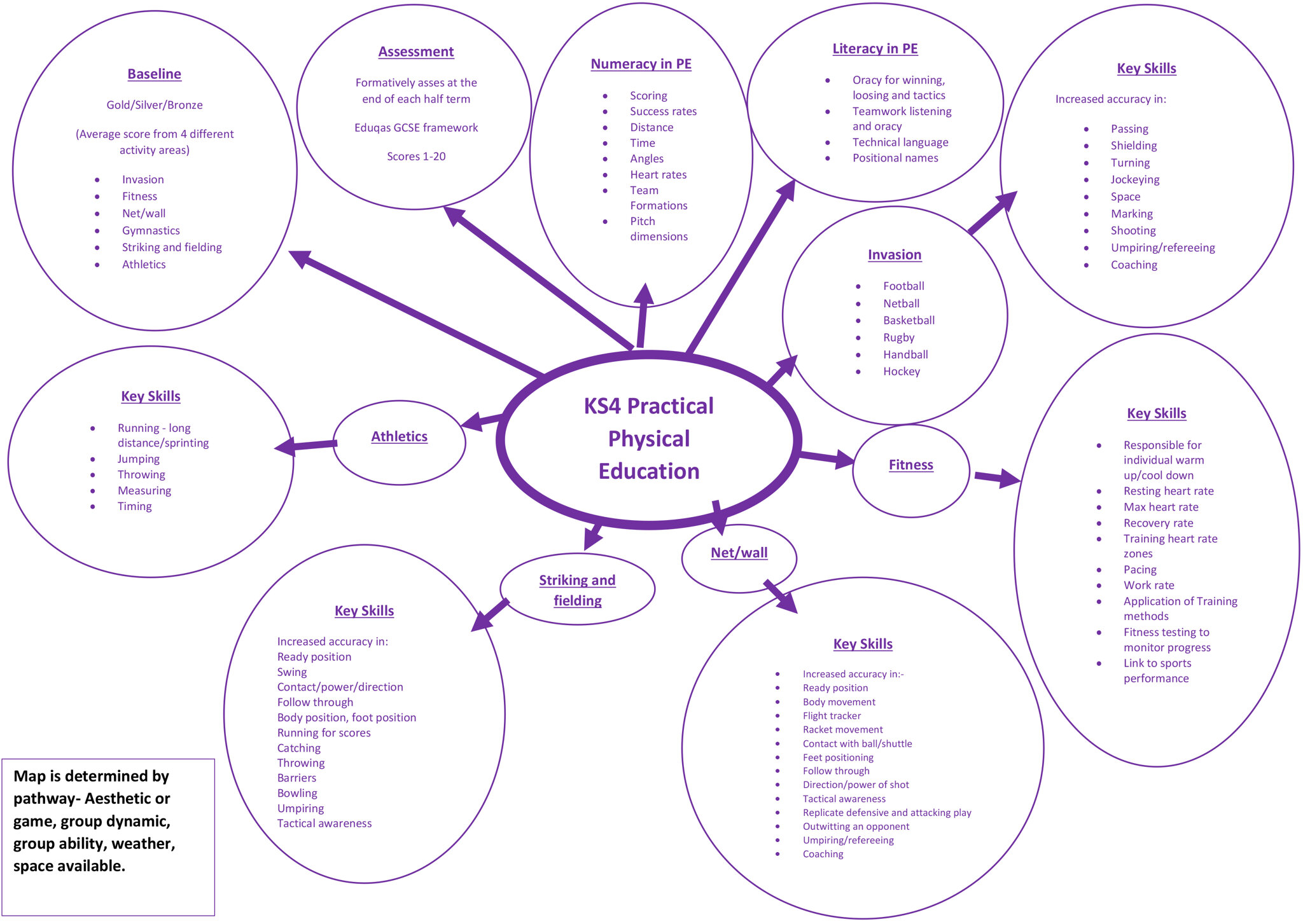
PE Key Stage 4 Curriculum Maps
GCSE PE and WJCE Sport
GCSE PE (Eduqas)
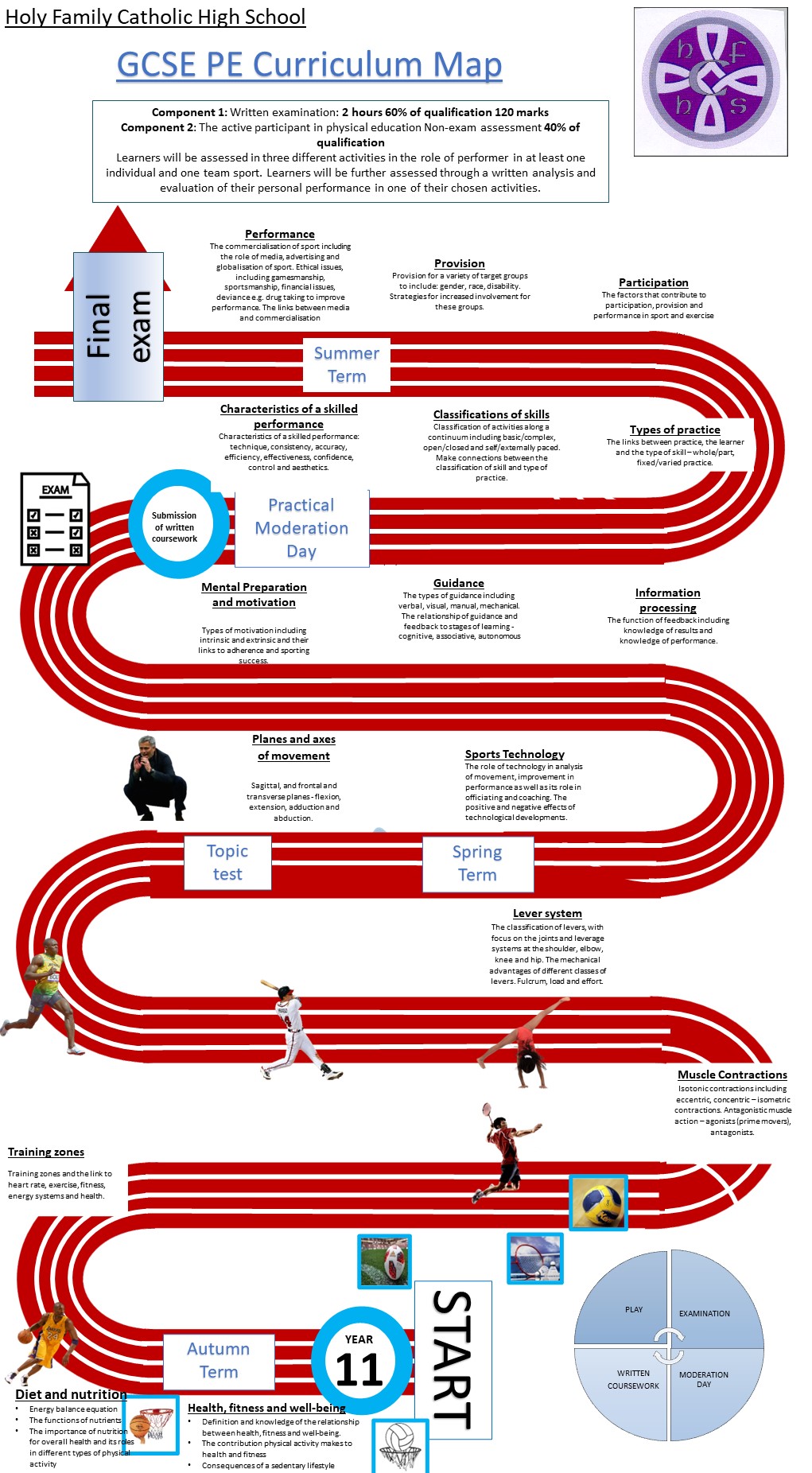
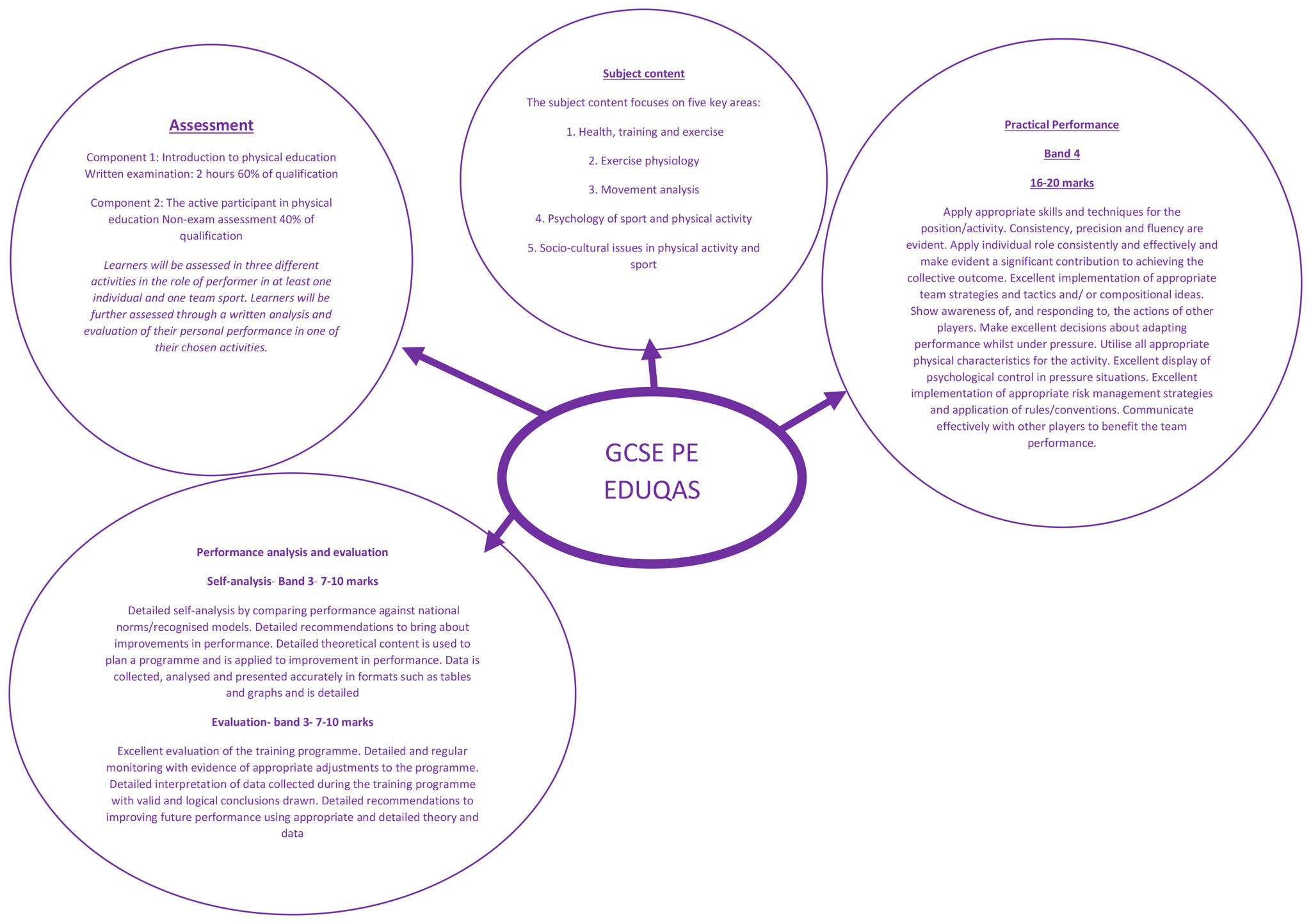
WJEC L1/2 Sports Coaching Principals
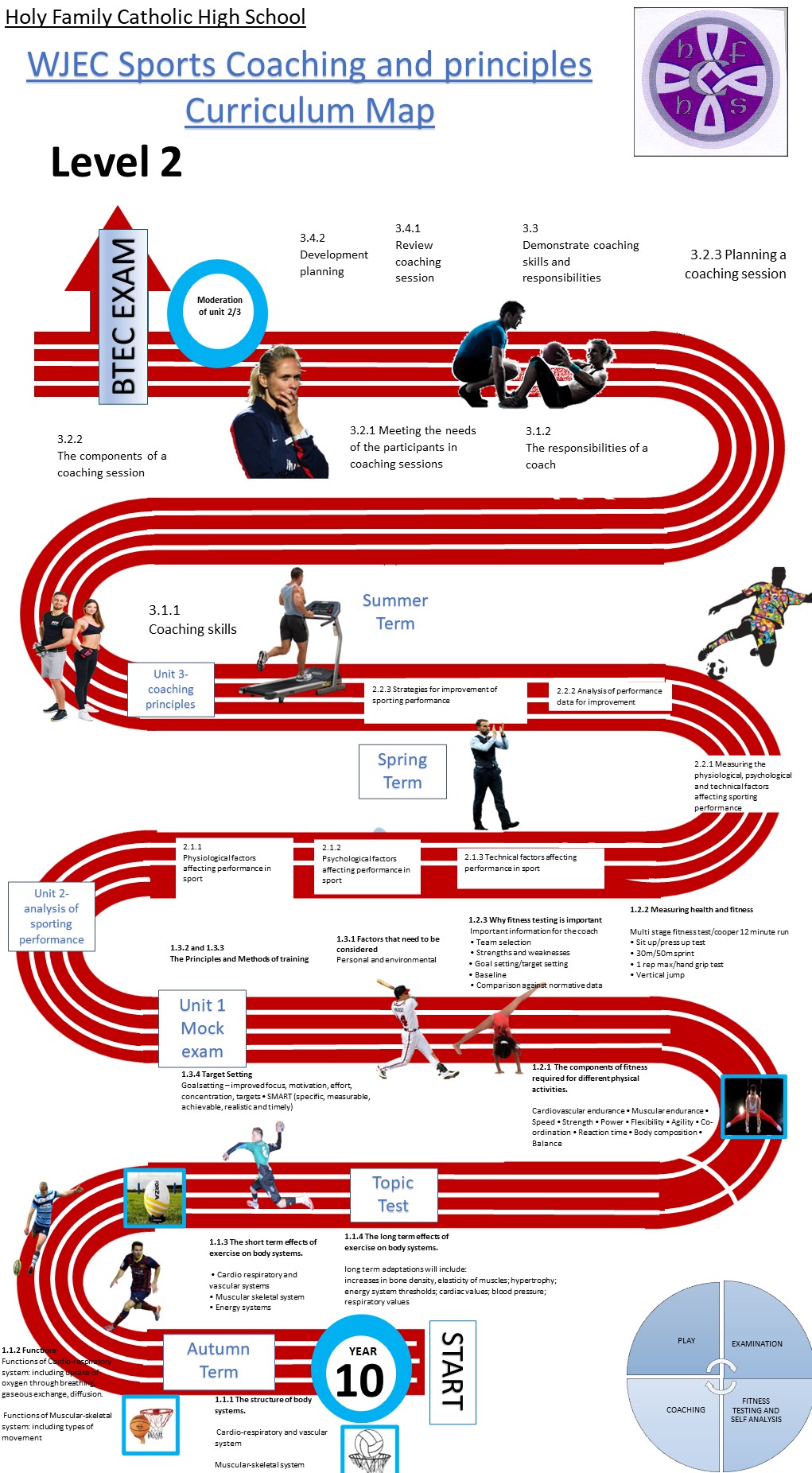
Sport and Coaching Principles Level 1 / 2 | Eduqas
Pupils who would like to follow a Sport pathway as an option will be guided into either GCSE PE, WJEC L1/2 Sports Coaching Principals, depending on the suitability of the pupil.
Introduction:
The courses builds on the knowledge, understanding and skills established in Key Stage 3 Physical Education. It will give you exciting opportunities to be involved in a number of different physical activities, promoting an active and healthy lifestyle. You should have an interest in physical education and sport, enjoy being active and appreciate the benefits of keeping fit and healthy.
Areas of study will include:
| GCSE PE | WJEC L1/2 Sports Coaching Principals |
|
|
Personal Attributes required:
Students must be committed to this course and be willing to join in extra-curricular activities to further their progress. They must also be aware that lessons are not all practical sessions and that some are theory based in a classroom.
Future Career Plans:
What can I do after I’ve completed the course?
As well as being the ideal preparation for the A Level Physical Education course, GCSE Physical Education/BTEC in Sport allows for progression to related vocational qualifications, such as BTEC Firsts and Nationals in Sport or Sport and Exercise Sciences. The course develops the transferable skills and key skills that employers are looking for and can lead to a wide variety of employment opportunities. This can include further training in areas such as recreational management, leisure activities, coaching, officiating, the fitness industry, the armed forces and the Civil Service.
Homework Expectations:
There is an expectation that students will complete a range of written and research tasks throughout the course. Students will also be expected to evaluate practical sessions that take place during lessons and practise their chosen sport through attending extra-curricular activities.
Students will need to complete homework of at least 30 minutes per week as part of the understanding needed for the written examination.
Key Stage 5
A level PE (Eduqas) & OCR Technical Sport
The students at KS5 within Holy Family can follow one of two pathways. The traditional A level PE route or the vocational pathway following the OCR Technical award in Sport.
Introduction:
The courses build on the knowledge, understanding and skills established in Key Stage 4 core and examination classes in Physical Education. It will give you exciting opportunities to be involved in a number of different physical activities, promoting an active and healthy lifestyle. You should have an interest in physical education and sport, enjoy being active and appreciate the benefits of keeping fit and healthy.
A level Physical Education
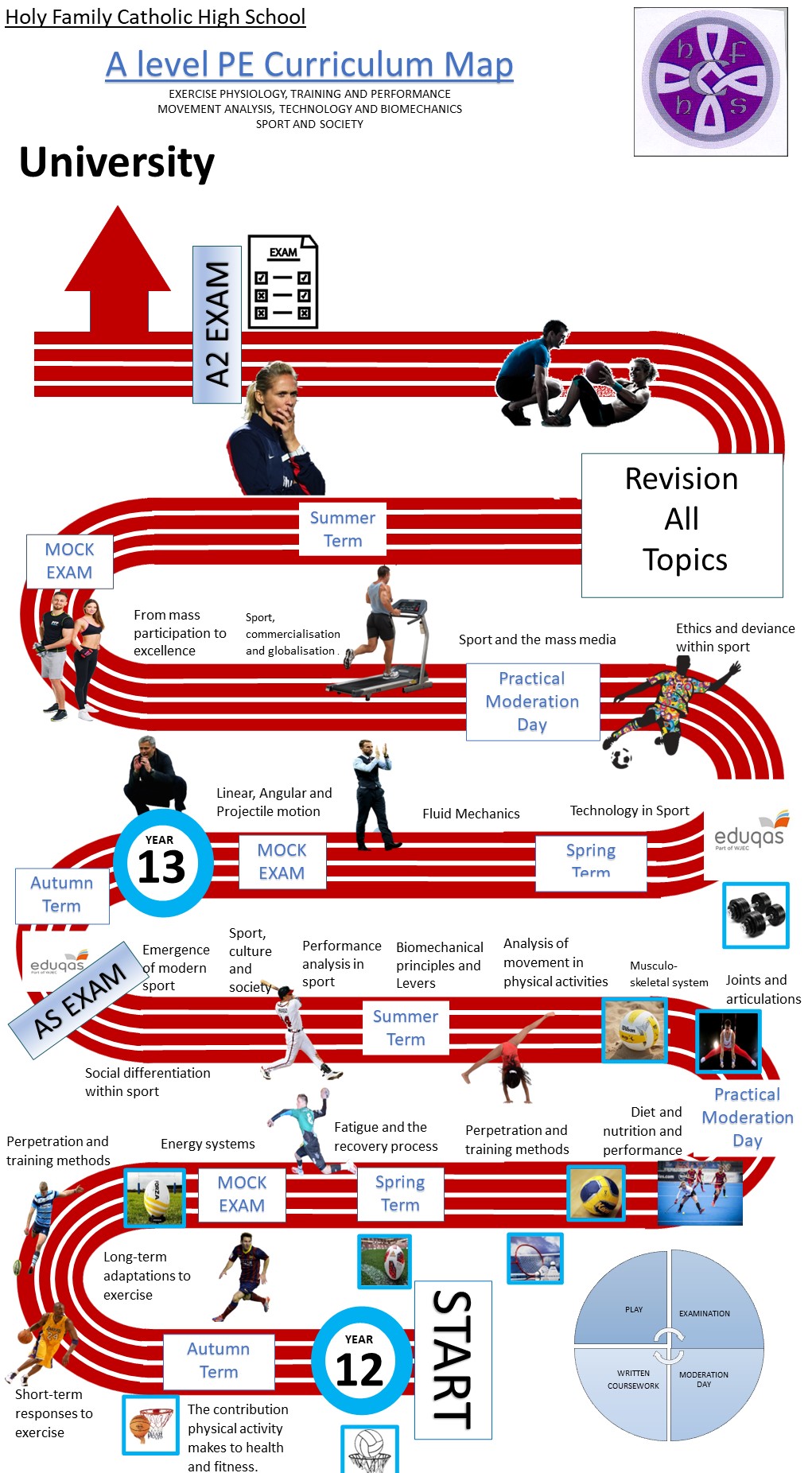
What skills will I develop? By studying food and nutrition you will be able to: develop theoretical knowledge and understanding of the factors that underpin physical activity and sport and use this knowledge to improve performance understand how physiological and psychological states affect performance understand the key socio-cultural factors that influence people’s involvement in physical activity and sport understand the role of technology in physical activity and sport refine their ability to perform effectively in physical activity and sport by developing skills and techniques and selecting and using tactics, strategies and/or compositional ideas develop their ability to analyse and evaluate to improve performance understand the contribution which physical activity makes to health and fitness improve as effective and independent learners and as critical and reflective thinkers with curious and enquiring minds.
How will I be assessed?
Component 1: Exploring Concepts in Physical Education
Component 2: Evaluating Physical Education.
Component 3: Improving Personal Performance in Physical Education 2 hours 35% of qualification 105 marks Contextualised questions to include multiple choice, data response, short and extended answers.
Non-examination assessment: marked by your teacher, externally moderated by WJEC 30% of qualification 90 marks This includes: practical performance in one activity as a player/performer or coach (15%) - Learners must demonstrate and apply the relevant skills and techniques for the sport/activity. All activities should be played under competitive/ formal conditions. - Learners must plan and deliver a progressive coaching session as part of a training programme - Activities that are acceptable for assessment as an official can be seen in Appendix B of the specification. Analysis and Evaluation of Performance (15%) - The analysis and evaluation should help the learner to improve personal performance as a player/performer or coach. It must be linked to the chosen practical activity and contain research into appropriate theoretical subject content.
.jpg)
OCR Technical Sport
The Level 3 Cambridge Technicals in Sport and Physical Activity qualifications we follow helps our students to achieve their potential and progress to the next stage of their lives, whether that’s higher education, an apprenticeship or employment. The course uses a range of centre assessed units with practical and wider project-based assessment opportunities, as well as examined units on the body systems and the long and short term impacts of sport and physical activity; how sport is organised and the purpose of sports development; health and safety requirements in sport and physical activity; the purpose of, and how to conduct research in sport and physical activity; and how businesses in sport are organised and what success looks like to them.
Personal Attributes required:
Students must be committed to this course and be willing to join in extra-curricular activities to further their progress. They must also be aware that lessons are not all practical sessions and that some are theory based in a classroom.
Future Career Plans:
What can I do after I’ve completed the course?
Careers with A level Physical Education and OCR Sport. This qualification will build on subject content which you will have been taught at Key Stage 4 and will provide a suitable foundation for the study of physical education and sport at Level 4/5 for example the Sports Science or Sport and Physical Education. The course develops the transferable skills and key skills that employers are looking for and can lead to a wide variety of employment opportunities. This can include further training in areas such as recreational management, leisure activities, coaching, officiating, the fitness industry, the armed forces and the Civil Service.
Homework Expectations:
There is an expectation that students will complete a range of written and research tasks throughout the course. Students will also be expected to evaluate practical sessions that take place during lessons and practise their chosen sport through attending extra-curricular activities.
Students will need to complete homework of at least 30 minutes per week as part of the understanding needed for the written examination.
A level PE Sport Psychology
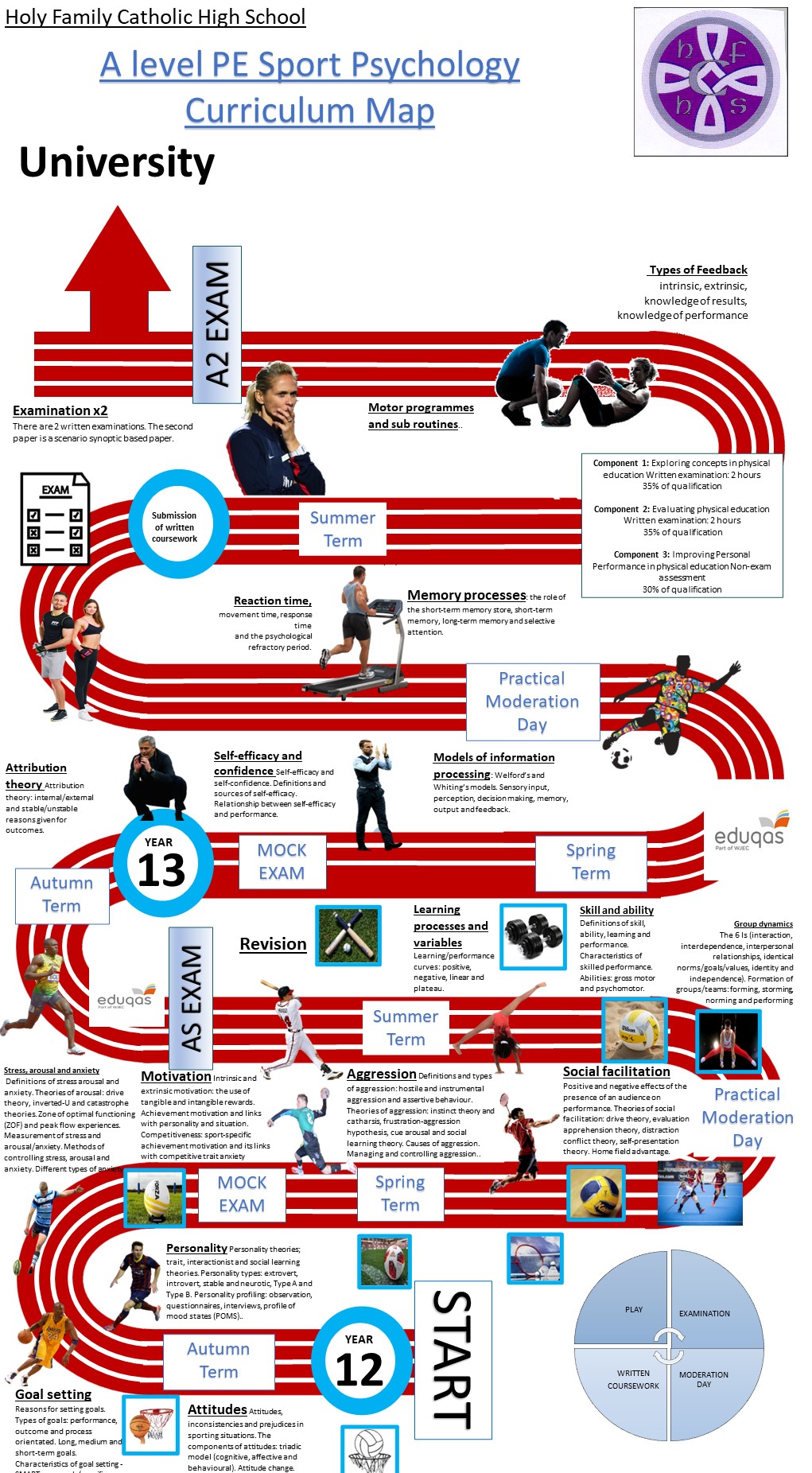
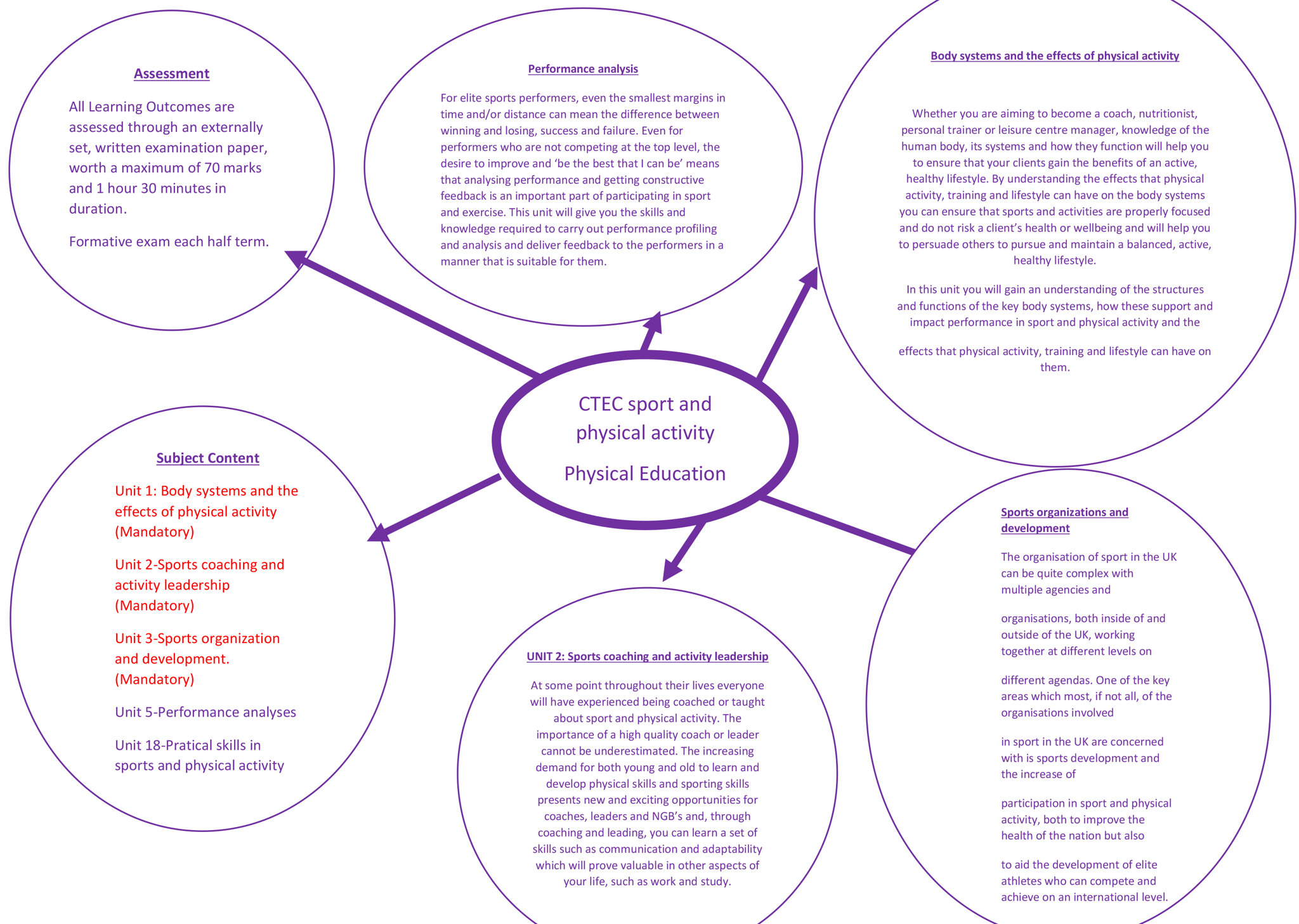
PE - Key Stage 5
Enrichment
Resources
OCR’s GCSE (9–1) in Physical Education (J587) Content and Assessment Overview
www.ocr.org.uk/qualifications/gcse-physical-education-j587-from-2016/
www.ocr.org.uk/Images/234827-guide-to-non-exam-assessment.pdf
qualifications.pearson.com/en/qualifications/btec-firsts/sport-2012-nqf.html
A LEVEL PE - Reading List and Further Research

YouTube - James Morris - A Level videos The PE Tutor - A Level Videos
The Everlearner - email Oliver.johnson@edgbarrowschool.co.uk if you would like to be added to the A level ‘class’
Text books - AQA A Level PE (Year 1 and 2) by Carl Atherton My Revision notes: AQA A Level PE by Sue Young
Books
- Sports people autobiographies
- The Sporting Gene - David Epstein
- Football Against The Enemy by Simon Kuper (1994)
- A Good Walk Spoiled: Days And Nights On The PGA Tour by John Feinstein (1995)
- Addicted by Tony Adams (1998)
- Muhammad Ali by various
- Slaying the Badger: LeMond, Hinault and the Greatest Ever Tour de France by Richard Moore (2011)
- Open by Andre Agassi (2009)
- All Played Out by Pete Davies (1990)
- Beware of the Dog by Brian Moore (2010)
- The Hand of God: the Life of Diego Maradona by Jimmy Burns (1996)
- The Blind Side: Evolution of a Game by Michael Lewis (2006)
- The Illustrated History of Football by David Squires (2016)
- My Father and Other Working-Class Football Heroes by Gary Imlach (2005)
- The Inner Game of Tennis: The Classic Guide to the Mental Side of Peak Performance
- The Champion's Mind
Websites
- www.brianmac.com
- www.teachpe.com
- NGB websites
- Sport England
- Youth Sport Trust
- Energy systems - https://athleticlab.com/energy-systems-how-they-work-and-when-they-are- in-use-by-drake-webster/
- Biomechanics - https://www.physio-pedia.com/Biomechanics_In_Sport
- Psychological factors - http://www.theyogicjournal.com/pdf/2018/vol3issue1/PartS/3-1-208- 632.pdf
- Women in sport - https://assets.publishing.service.gov.uk/government/uploads/system/uploads/attachment_d ata/file/416060/FINAL.pdf
TV
- Watching live sports
- Sky Sports News
- Sports documentaries (see appendices)
- Sporting Biographies (TV programmes about a sportsman not the books)
Live sport
- Active involvement in a sports club as coach or player is highly recommended
- Attending live fixtures is good for understanding and enjoyable
- Watching live sports on TV
Apps
- BBC Sport
- Sky Sports
- Bleacher Report
- TalkSport
- Fitness Apps
- Newspaper Apps
 |
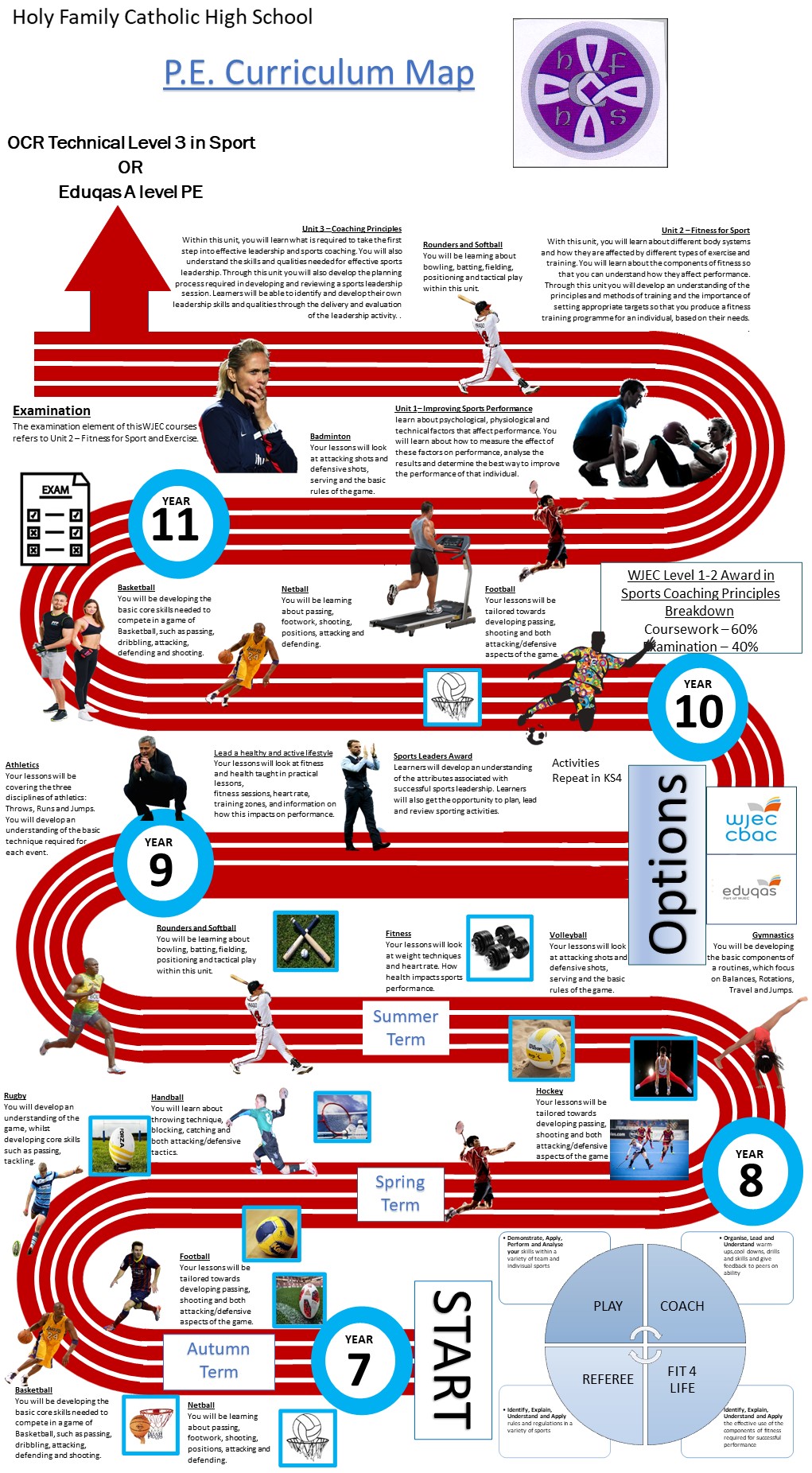
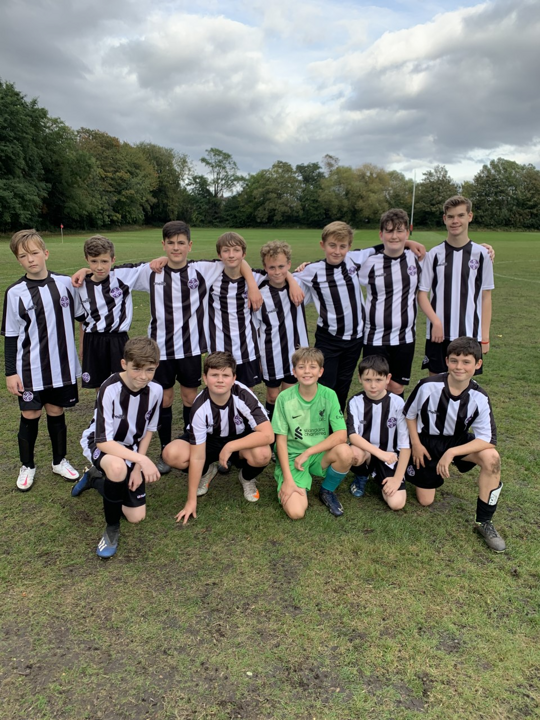
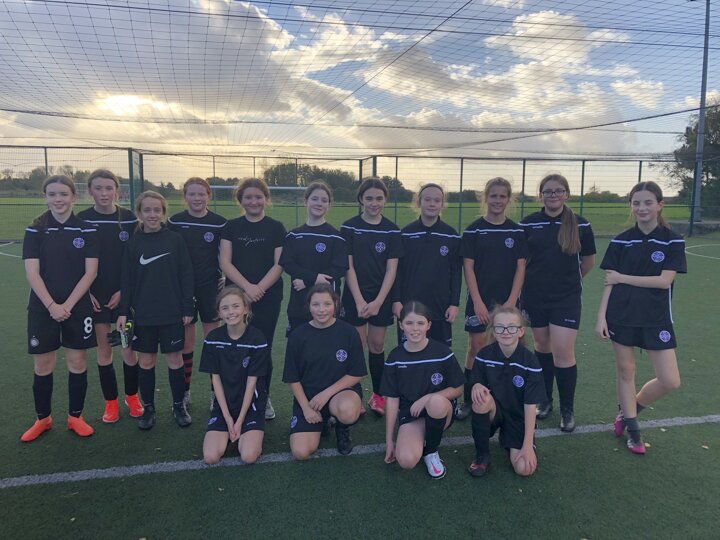
.jpeg)
.jpeg)
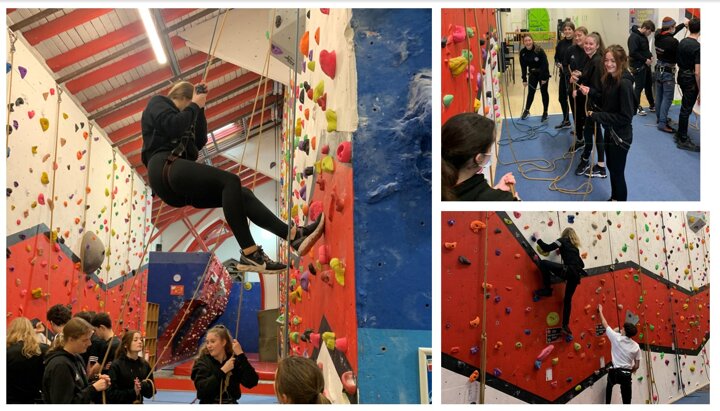
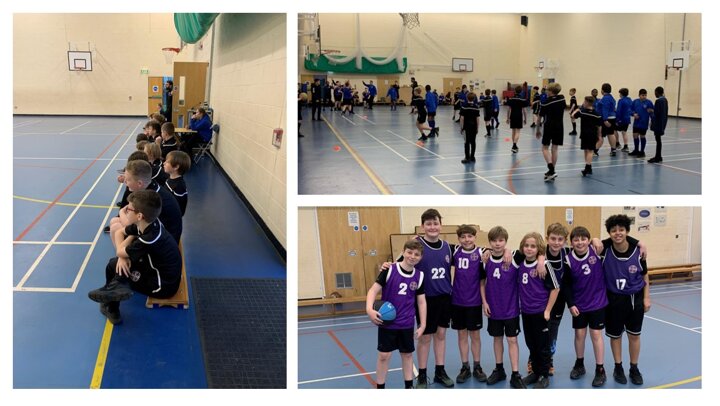
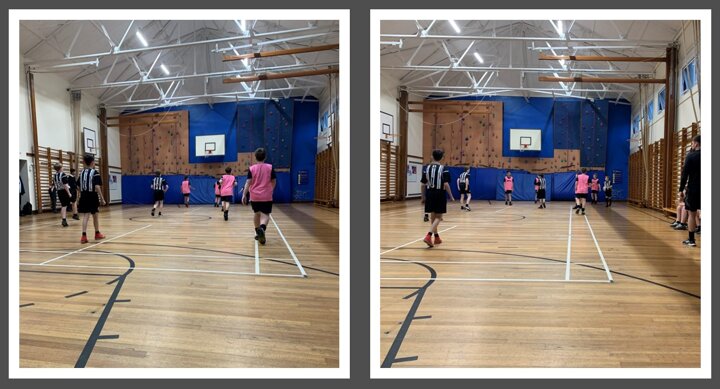
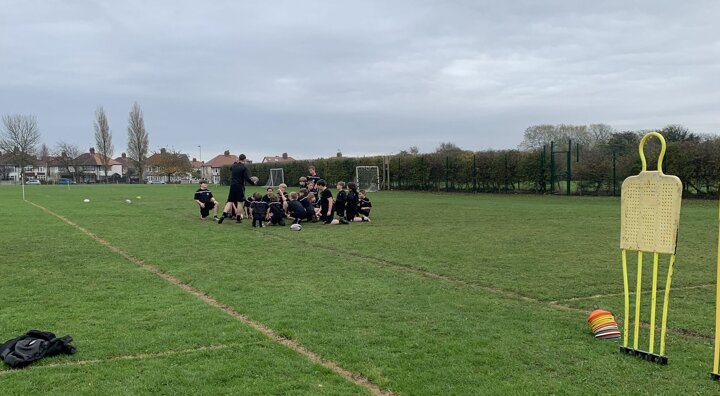

%20won%20St%20Michaels’s%2010-0.png)
%20won%20their%20match%20against%20st%20Michael’s%208-2.png)
%20win%20their%20match%20against%20St%20Michael’s%2013%202.png)
.jpeg)
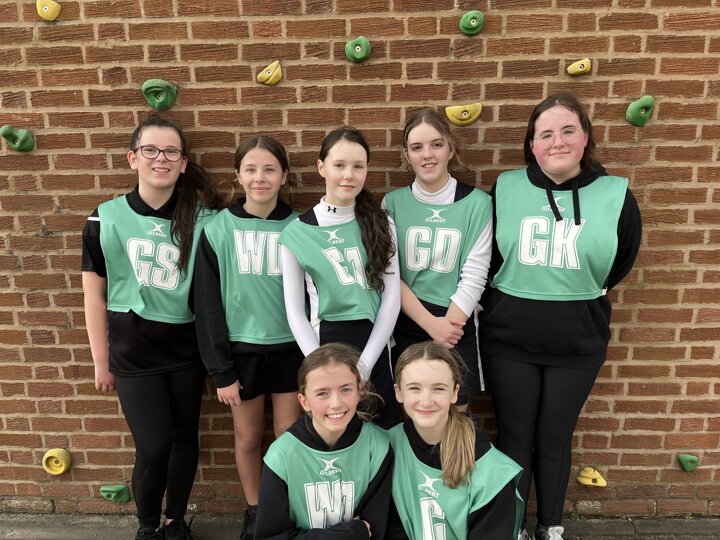
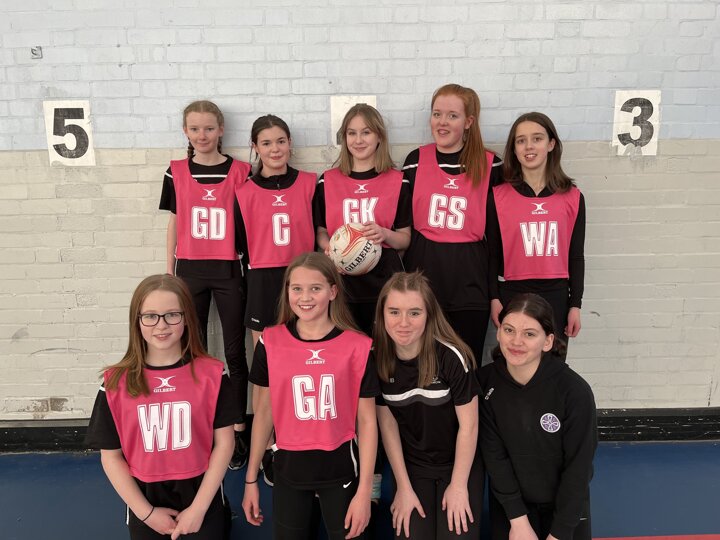

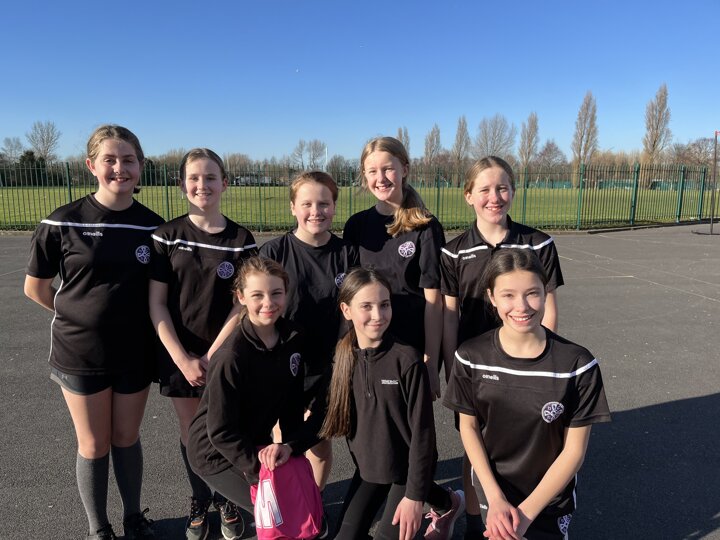
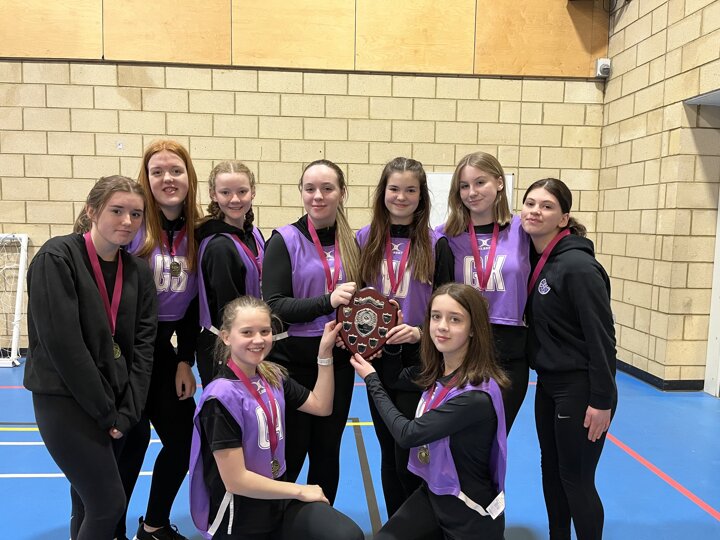
.jpeg)
.jpeg)
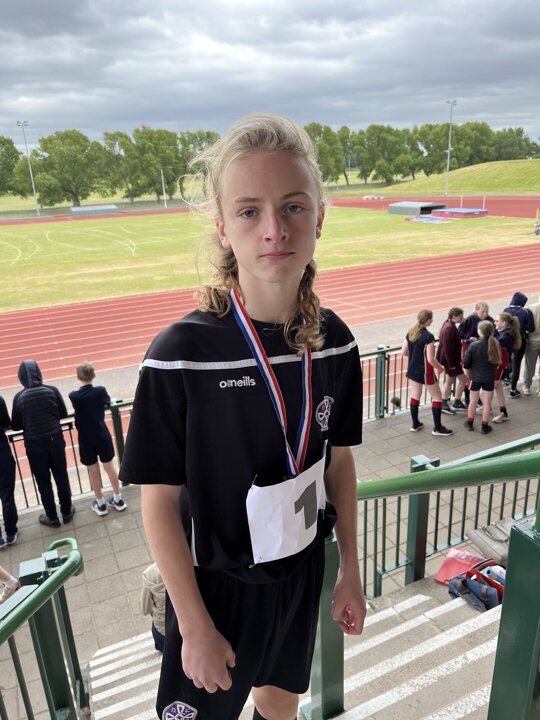
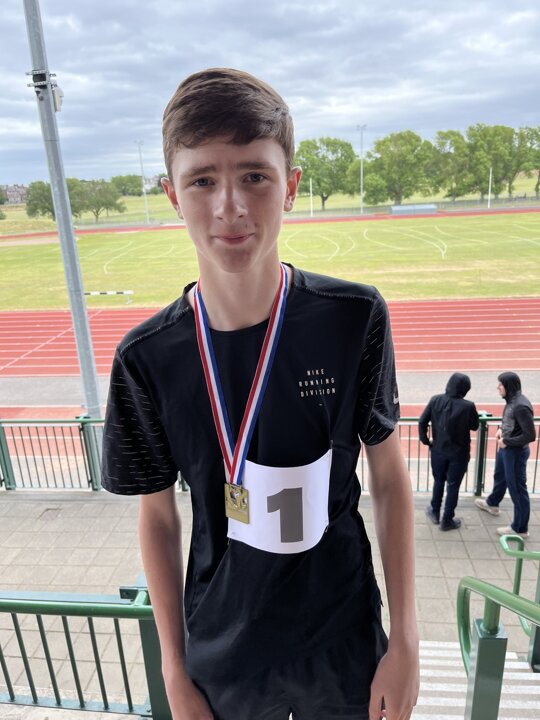
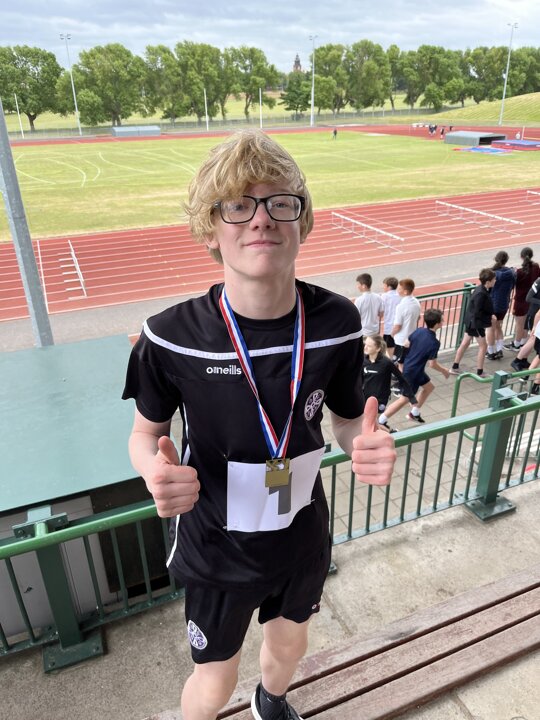
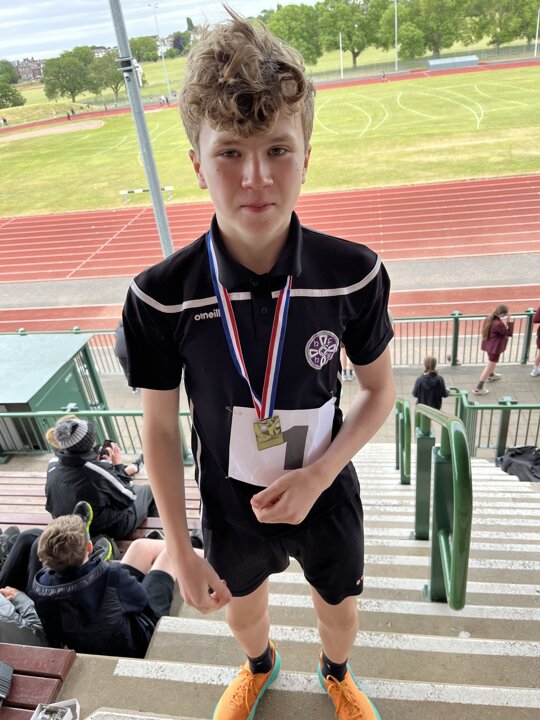
.jpg)
.jpg)
.jpg)
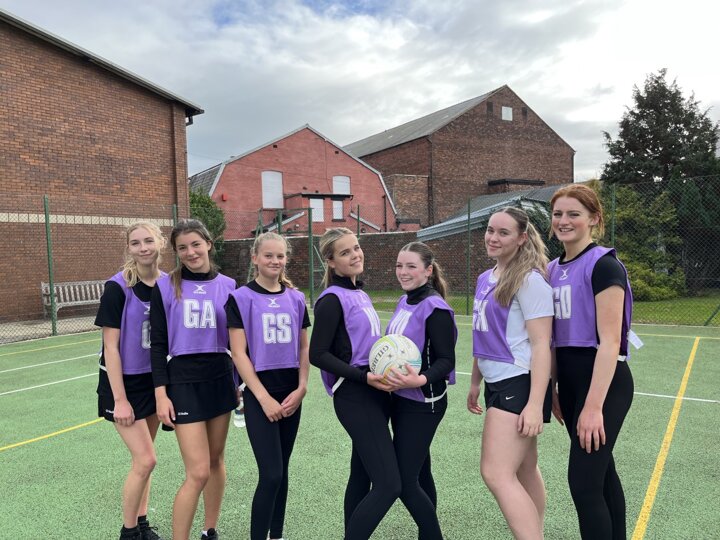
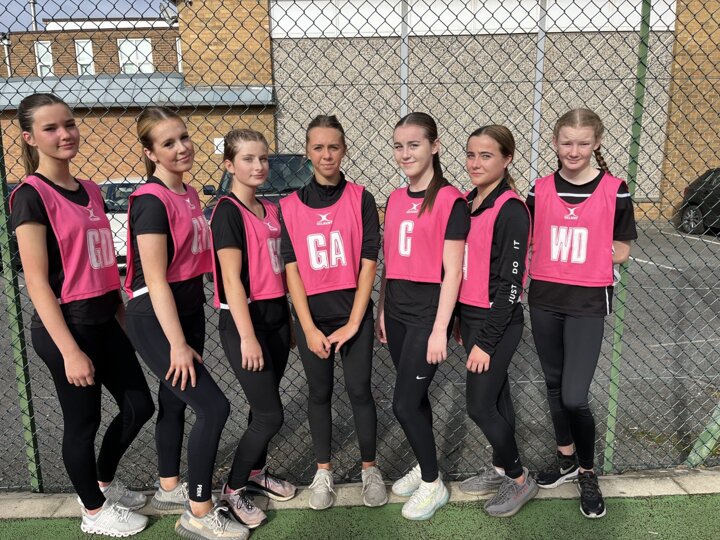

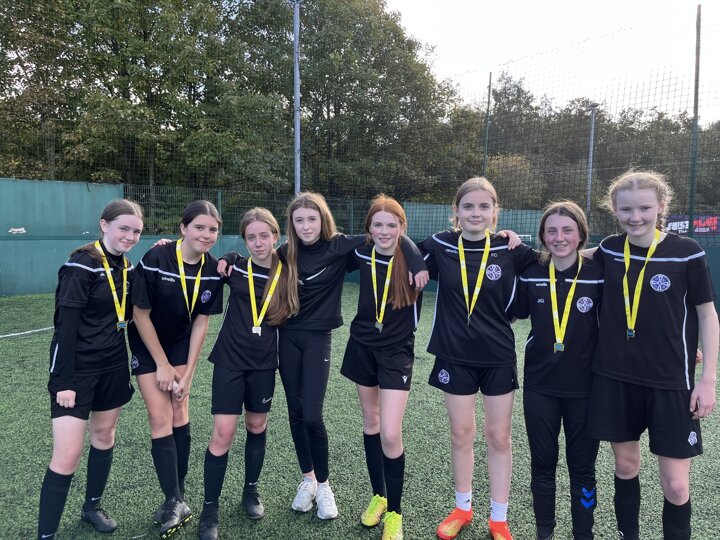
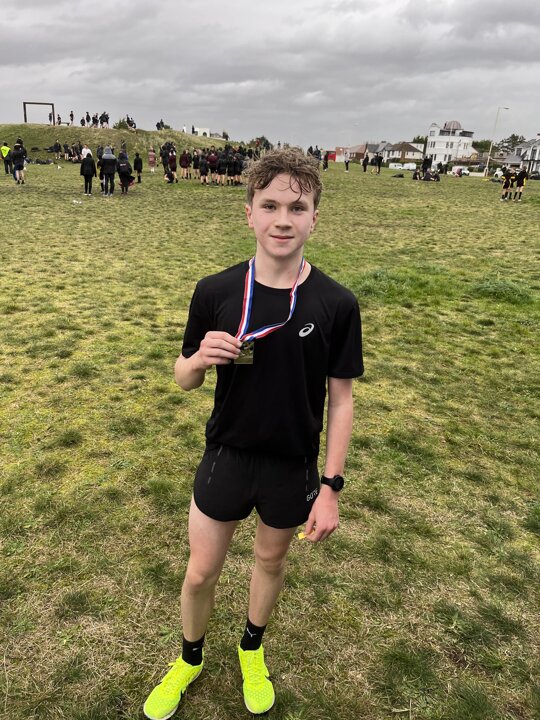
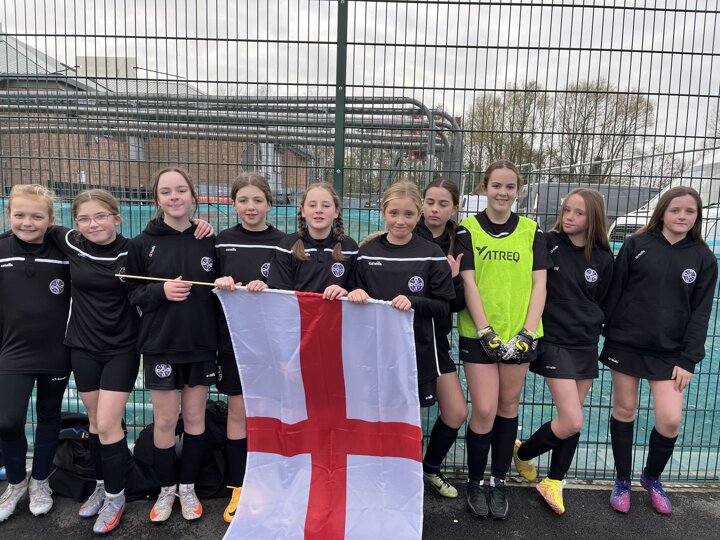

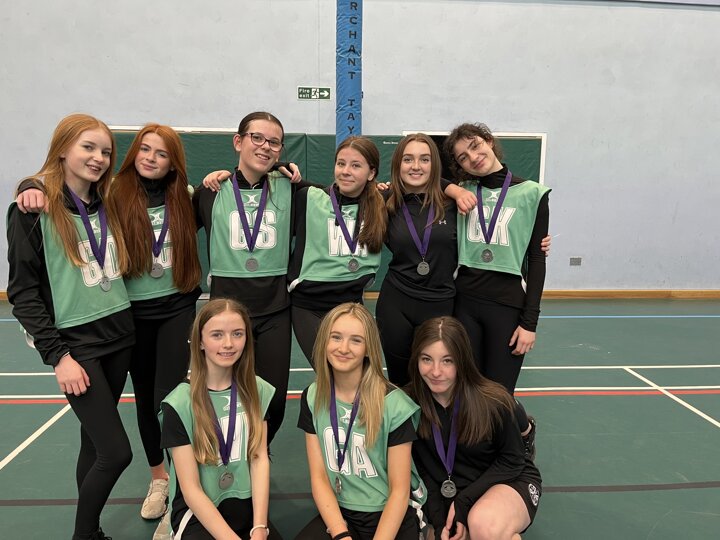
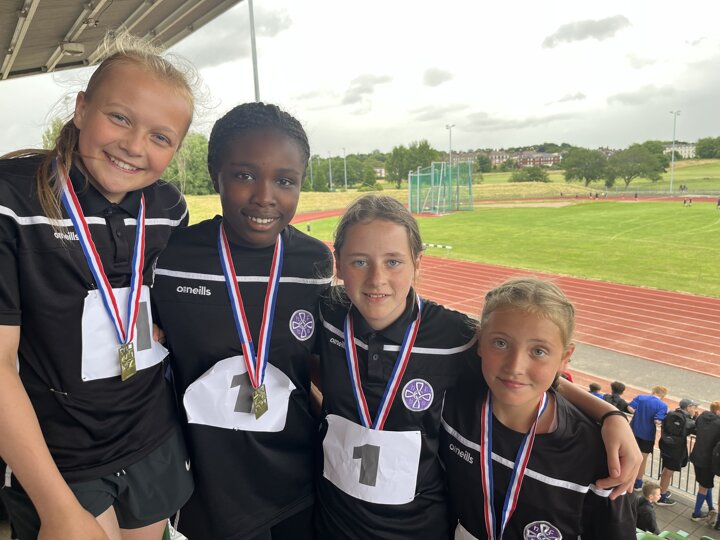
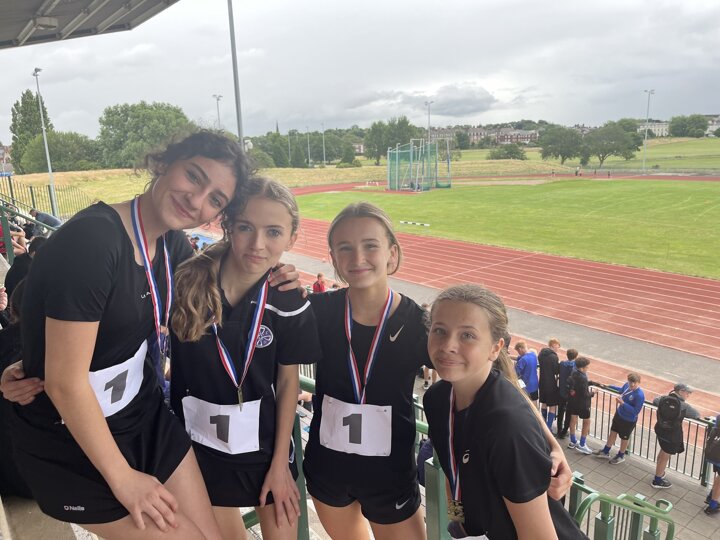
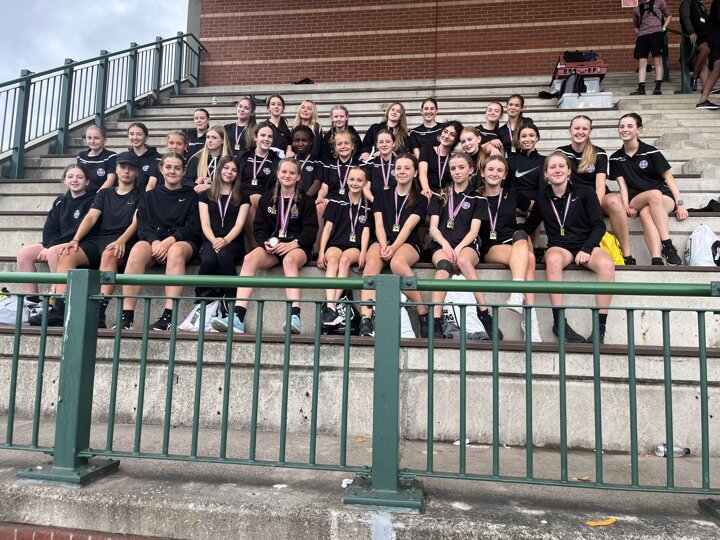

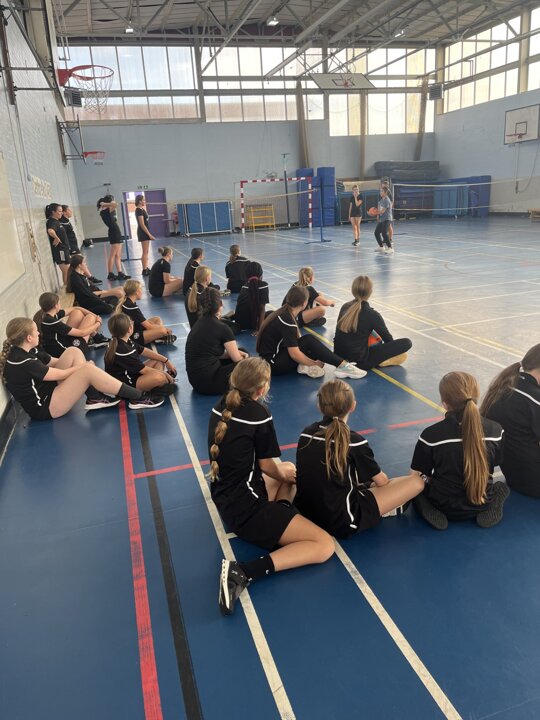
.jpeg)
.jpeg)
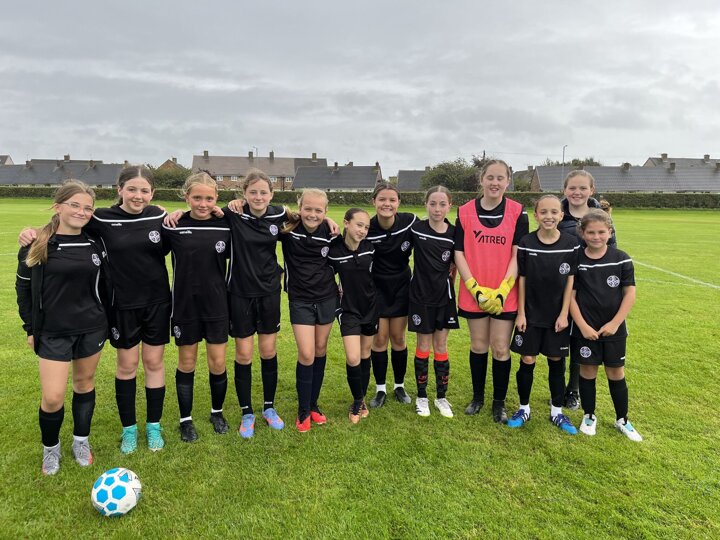
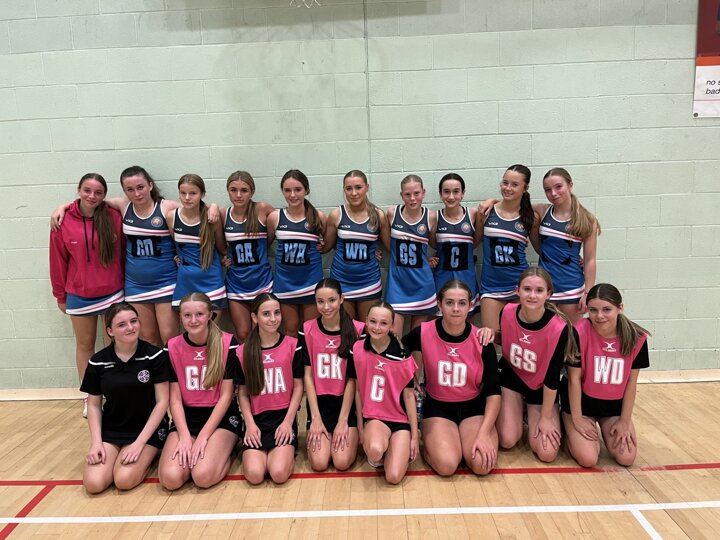
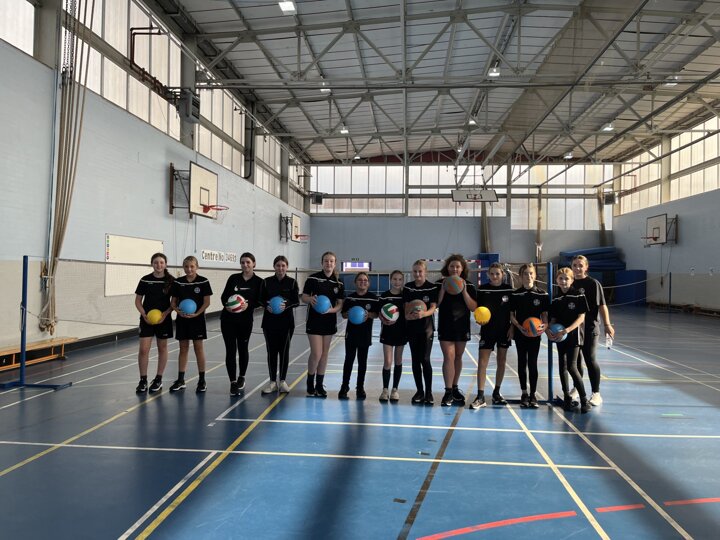
.jpeg)
.jpeg)
.jpeg)
